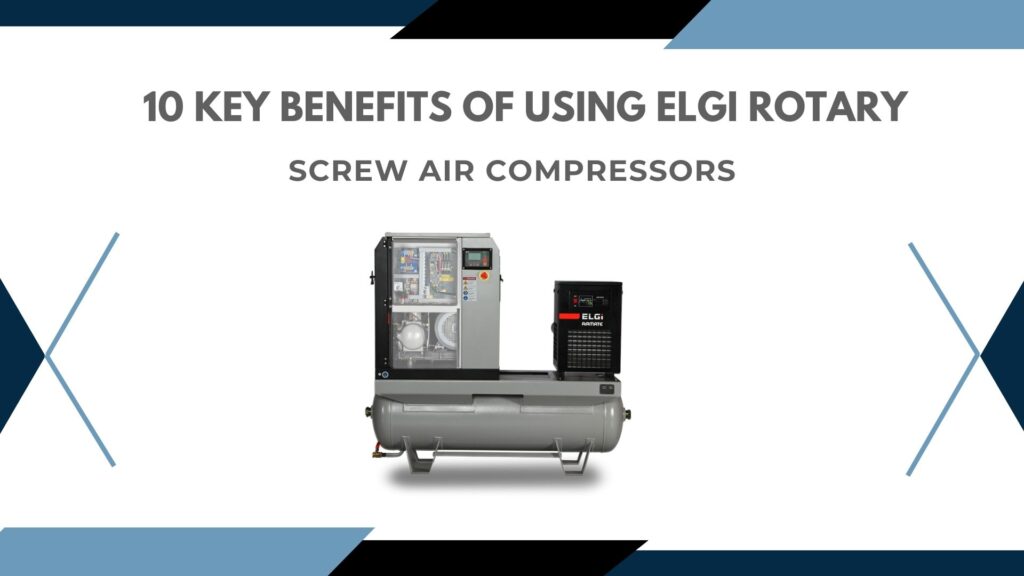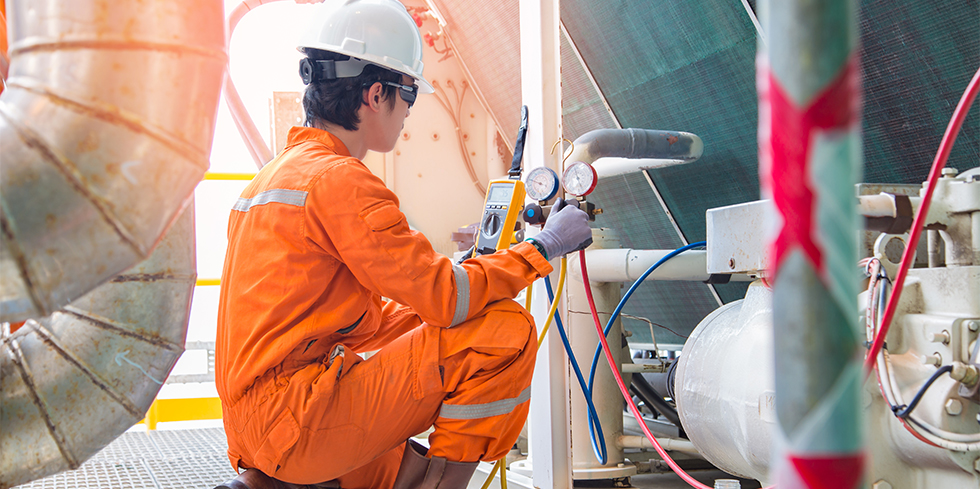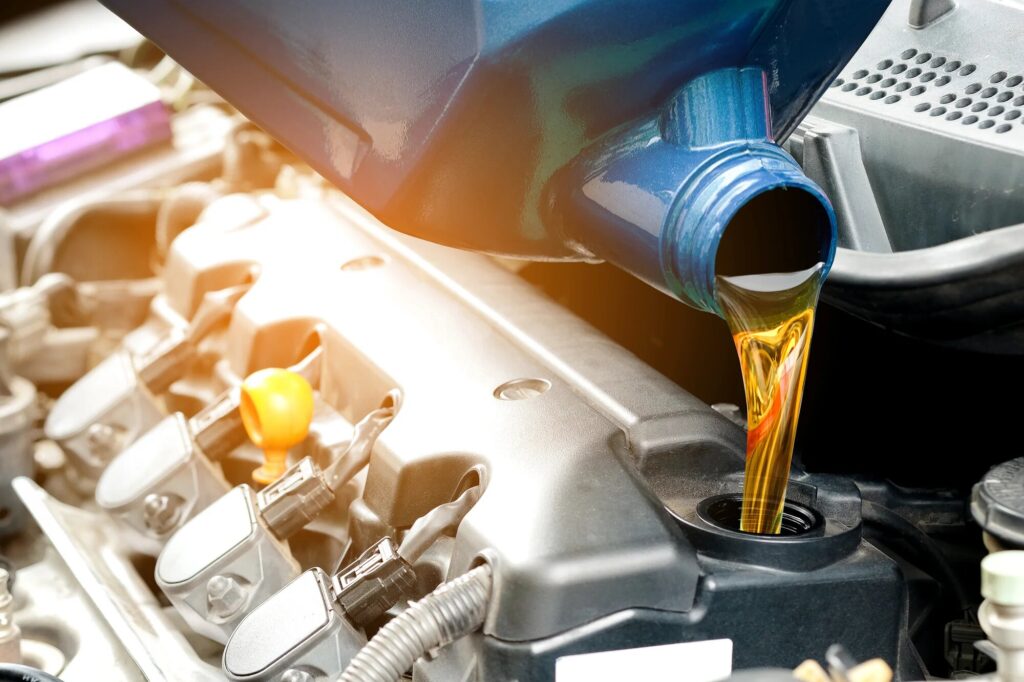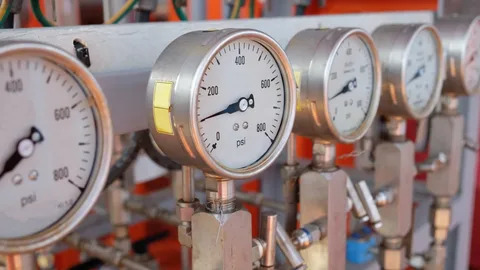
The rotary screw compressor is one of the most widely used air compressors. As the name suggests, it uses rotary movements of its rotors to trap and compress the air. ELGi is one of the most reputed names when it comes to rotary screw compressors. The brand is known for its efficiency, reliability, and high performance.
We at VEMC are the leading ELGi air compressor dealers in Mumbai and top the charts whether it is in ELGi reciprocating compressor or rotary screw compressor.
let’s talk about the 10 key benefits that the rotary screw compressor brings to the table.
1. Energy efficiency
For starters, ELGi screw compressors are known for reducing energy consumption, boosting efficiency and improving your carbon footprint. This is the need of the hour given the ever-rising energy costs
2. Durability
The rotary screw compressors have a robust construction which makes the equipment reliable and durable. The high-quality material used in constructing an ELGi screw compressor contributes directly to the compressor’s longevity and lowers the chances of a sudden breakdown or costly repairs.
3. Advanced control systems
The in-built Variable Frequency Drives (VFD) of the compressors automatically match the pressure supplied with the demand, thus avoiding unnecessary wastage. This improves the energy efficiency of the compressor and reduces energy wastage manifold.
4. Low noise levels
An ELGi screw compressor is great if you’re looking for low-noise output. It is therefore well-suited for hotels, restaurants, or health facilities where noise and vibrations can be quite disturbing.
5. Compact design
An ELGi screw compressor has a compact and highly accessible design. This makes repair and maintenance easy and low-cost. The compressor is designed to comply with international standards (CE, ASME, UL etc.).
6. High air quality
In case you’re looking to use the compressor in packaging, food processing, or the pharma industry, the quality of the compressed air must be good. ELGi rotary screw compressors provide you with exactly that, with its highest class “O” certification.
7. Customization options
ELGi offers custom-built rotary screw compressors based on your business activity. This means customized voltages, control panels, body color, and finish.
8. Service and support
ELGi offers unmatched after-sale service and support to its clients across the country. Its Annual Maintenance Contracts (AMC) are a great way to prevent untimely and costly breakdowns while ensuring your compressor works at optimum efficiency.
9. Environment-friendly
ELGi compressors are manufactured keeping the environment in mind. These help reduce the energy wastage of the clients and ensure they operate at optimum efficiency.
10. Reduced emissions
The heat recovery feature of ELGi air compressors allows clients to use the energy for other operations rather than wasting it. This means lower emissions overall and more sustainable business operations.
For more on ELGi’s diverse range of product offerings, call VEMC on 022 43436655 or email at marketing@vemc.co.in. We are the leading air compressor dealers in Mumbai with a strong commitment to client service.





